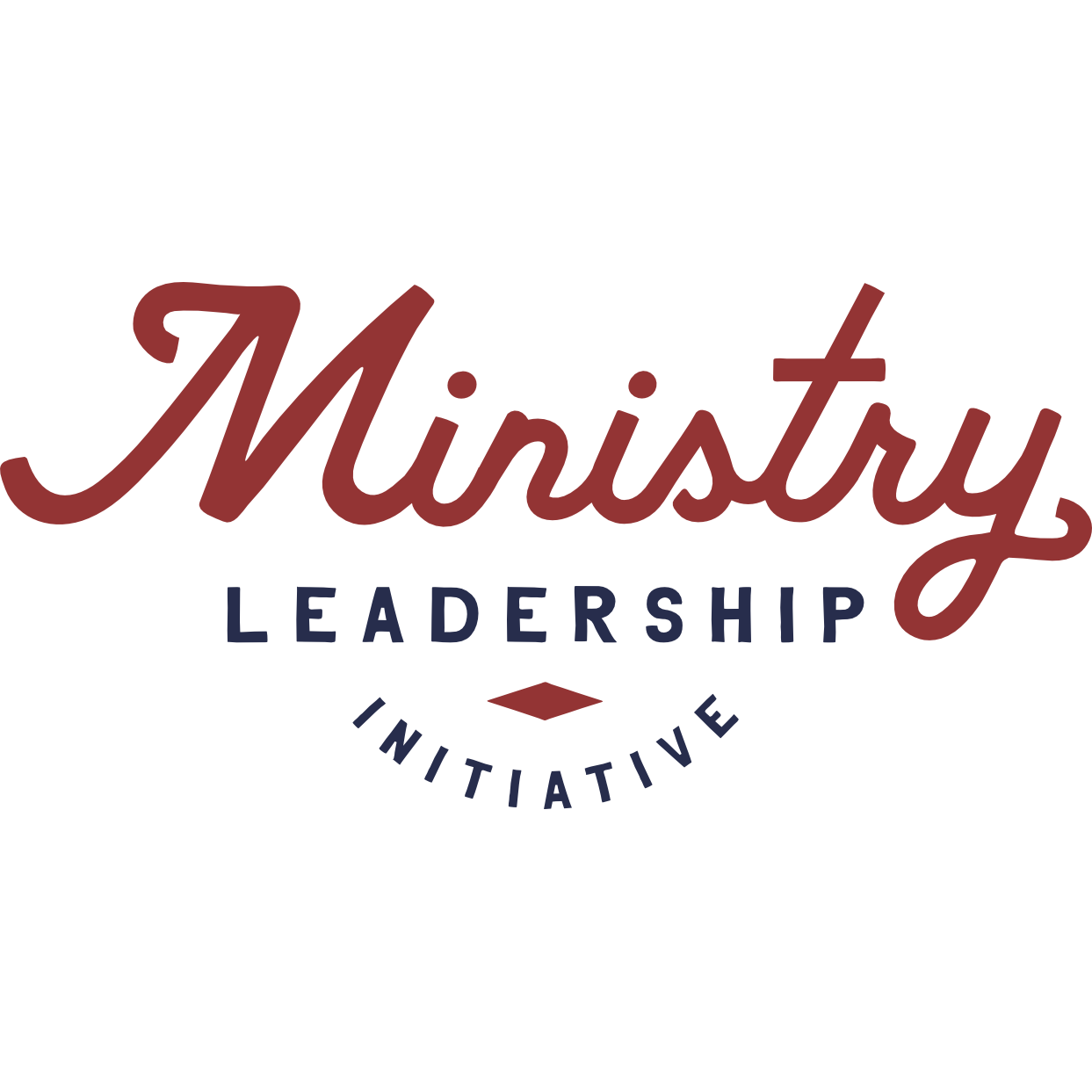The One Thing that Growing Churches Emphasize
Wouldn’t this be a fun place to worship?
The One Thing that Growing Churches Emphasize
An end-of-year commentary by Matt Vaughan
Who is in the most adaptable generation in our world today? I believe it’s Gen/Z! These young people were born in 1997 or after. The oldest members of this young generation are now 24, which means that Millennials, the earlier generation born between 1981–1996, are now part of the working class (many of us still call young people “Millennials” even though the youngest in this generation are 25 and older).
Gen/Z has mastered online education, especially over the last two years, and they have become accustomed to being alone. They use technology to connect at school, in their work, in their social lives, and in their daily tasks. They watch episodes of The Office together, in virtual and separate locations, chatting on Facetime and texting with their friends. Their interest in driving, dating, and in social gatherings has waned since the first at-home restrictions were made in early 2020.
They also see a different perspective than the rest of us. For the most part, they recognize that the world is bigger than themselves, and each of them can do their part to help.
I first heard this from the keynote speaker at a conference in Montreat, NC, that MLI co-sponsored in 2019. Rev. Michelle Thomas-Bush said, “This generation will move thinking from ‘me’ to ‘we.’ Community is key for them. This generation is accustomed to rapid change. They are searching for a place to belong and how to work together.”
Many churches have noticed this generational shift. In fact, those faith communities that empower young people tend to thrive. Specifically, the Great Plains United Methodist Bishop, Ruben Saenz, Jr., said, “the vibrancy of a congregation is directly linked to how the church prioritizes youth and children’s ministry” (reference below). He reflected a viewpoint that the strength of a church’s ministry is a clear indicator of an individual congregation’s health.
Indeed, according to a recent longitudinal study of 22 mainline churches, a “youth emphasis” was one of the strongest congregational-level variables found among growing churches (Haskell, Flatt, and Burgoyne; reference below). This emphasis on ministry with young people helps churches grow. It helps young people with real-life support that has long-lasting effects.
It’s been fascinating to see the changing landscape of youth and children’s ministry with Gen/Z. We know young people who grow up in a church tend to do better in school, and they become happier, more faithful adults (references below). We’re also learning that this generation is becoming a change agent, and that the presence of young people in a local church is quickly becoming the canary in the coal mine.
This is the “one thing” that growing churches emphasize. Churches with a “youth emphasis” have a much stronger possibility of growing!
Lecture and literary references:
Ruben Saenz, Jr., Lecture for Youth Workers, The One Event, hosted by the Great Plains United Methodist Church (January 5, 2019). Quote confirmed via email on April 13, 2020, with Bishop Saenz, and used with permission.
David Haskell, Millard Flatt, and Kevin Burgoyne, "Theology Matters: Comparing the Traits of Growing and Declining Mainline Protestant Church Attendees and Clergy," Review of Religious Research 58(4) (2016): 515-41, 533.
Three university studies confirmed that young people involved in faith communities do better in school, engage in fewer at-risk activities, and become happier adults.

